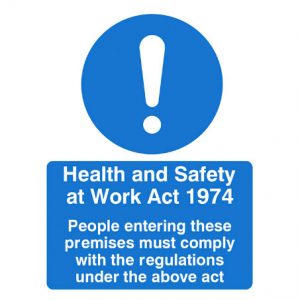Policy Detail
Mace Housing attaches the greatest importance to the maintenance of personal safety, considering this to be a management responsibility equal to that of any other function. The Co-op recognises its responsibility in ensuring the health, safety and welfare at work of all its employees and is committed to providing information, instruction, training and supervision in the area of health and safety.
Risk Assessments (Users)
When an applicant applies to join Mace Housing, we will carry out a needs and risk assessment to determine what support you require, if any. The needs and risk assessments will take full account of your views, targets and aspirations. During the needs assessment basic information must be collected from the user, including the following:
- Full name and date of birth
- Details of your housing history, any tenancy breaches or anti-social behaviour
- Personal finances
- Physical and mental health
- Details of any medication you take
- Details of your Doctor and any other Key Worker involvement
- Social and leisure interests
The user will be involved with the risk assessment we carry out. The risk assessment will identify anything or anyone that might be risk to, from and how, by working together, we can minimise these risks. Once we have carried out our initial needs and risk assessment we will provide the users with a written explanation of the outcome. A decision must be made based on the information that has been given us that means sometimes we might be unable to offer a particular user a service. If this happens we will always inform the user and the person who referred him/her as soon as possible giving them the reasons for our decision. In these instances we may refer the user to other more appropriate services. The user has the right to appeal against any decisions arising from assessments or reviews with which they disagree.
Details of the eligibility criteria for Mace Housing Co-operative service are available in full upon request.



